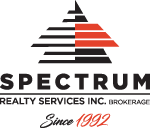Who Pays Taxes On A Property Sale?
Selling a property in Ontario involves navigating a variety of taxes. Understanding these taxes can help you prepare financially and ensure a smooth transaction.
Here’s a breakdown of the main taxes you might encounter when selling a property in Ontario, including who is responsible for paying them and when.
Land Transfer Tax (Toronto)
In Ontario, the Land Transfer Tax (LTT) is a significant cost associated with purchasing property, but it directly affects sellers too. While buyers pay the LTT, sellers need to be aware of it as it can impact the overall transaction. In Toronto, buyers face an additional Municipal Land Transfer Tax (MLTT) on top of the provincial LTT.
Calculation: In Ontario, you’ll pay a land transfer tax based on your home’s value.
0.5% on the first $55,000
1.0% on the portion from $55,000 to $250,000
1.5% on the portion from $250,000 to $400,000
2.0% on the portion over $400,000
2.5% for values more than $2 million
For properties in Toronto, the MLTT mirrors the provincial rates, effectively doubling the tax.
Responsibility: The buyer pays both the LTT and MLTT at the time of closing.
Buyers of new homes or condos are required to pay HST on their purchase. However, they may qualify for the New Housing Rebate if they meet specific criteria, such as planning to use the property as their primary residence.
Capital Gains Tax (for Cottages and Investment Properties)
Capital gains tax applies to the sale of investment properties or secondary residences, such as cottages, but not to primary residences due to the principal residence exemption.
Calculation: The capital gain is the difference between the sale price and the property’s adjusted cost base (purchase price plus any capital improvements). Fifty percent of the capital gain is taxable, added to the seller’s income, and taxed at their marginal tax rate.
Responsibility: The seller is responsible for reporting and paying capital gains tax. This is typically done through their annual tax return.
Municipal Property Taxes
When selling a property, municipal property taxes can complicate the transaction. These taxes are based on the assessed value of the property and are usually paid annually or in installments.
Calculation: The tax rate varies by municipality and is applied to the assessed value of the property.
Responsibility: Municipal property taxes are prorated between the buyer and seller based on the closing date. The seller pays up to the closing date, and the buyer assumes responsibility thereafter. Any adjustments are typically handled by the lawyers during the closing process.
Other Scenario-Specific Taxes
Vacant Home Tax:
Introduced to combat housing shortages, this tax applies to homes left vacant for more than six months in a calendar year.
Calculation: Rates and rules vary by municipality, with Toronto implementing a 1% tax on the current value assessment of vacant homes.
Responsibility: Owners must declare the vacancy status annually, and failure to pay can result in penalties. This tax is relevant for sellers if the property has been vacant.
Non-Resident Speculation Tax (NRST):
This 15% tax applies to the purchase of residential properties in the Greater Golden Horseshoe Region by non-residents.
Calculation: The NRST is 15% of the purchase price.
Responsibility: While this tax primarily affects buyers, sellers should be aware of its impact on potential foreign buyers.


